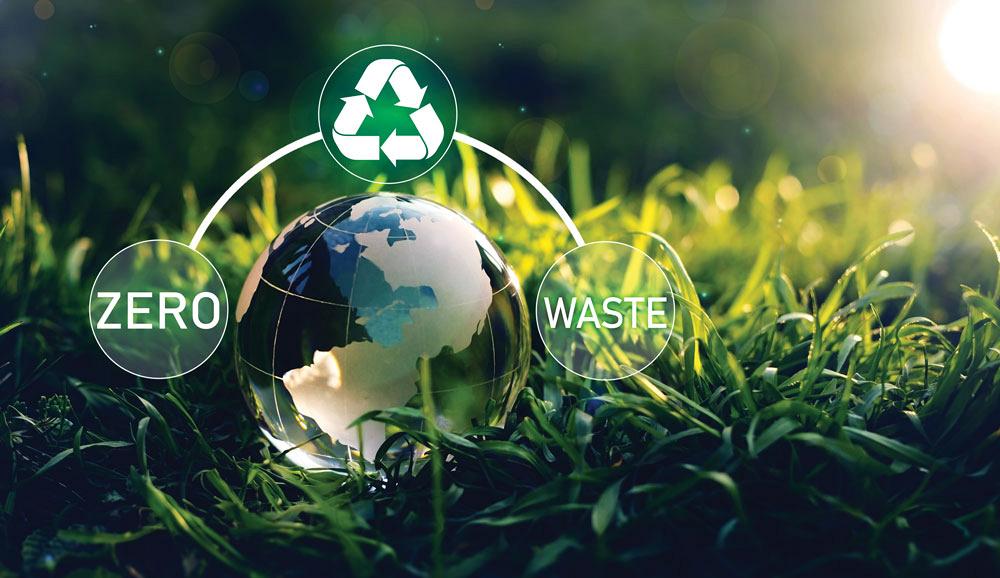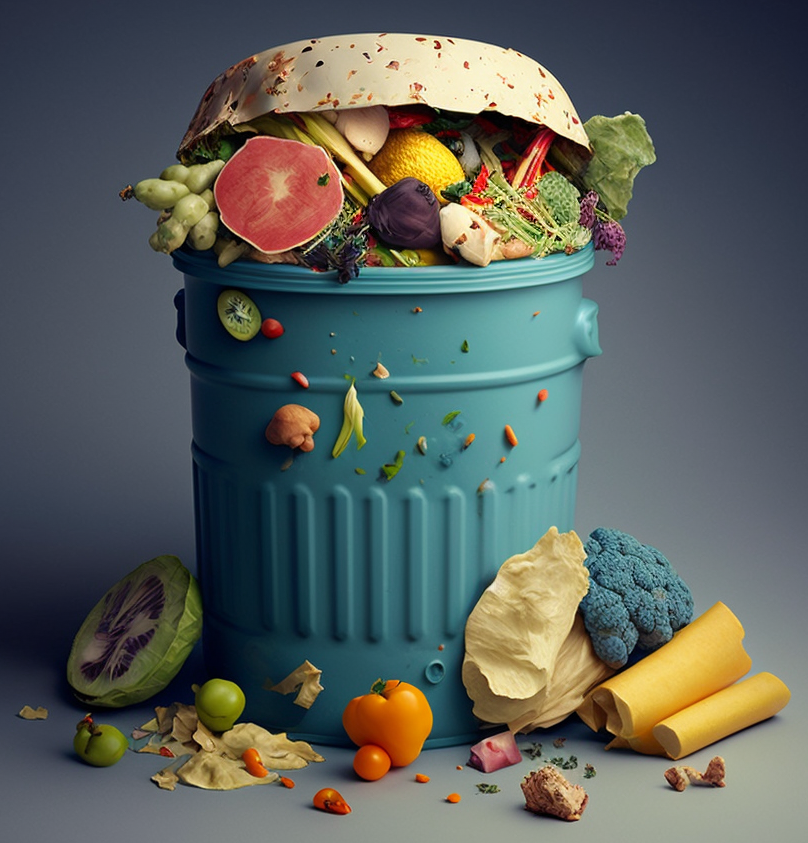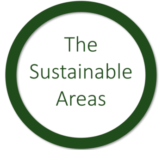Towards a Zero Waste Future

Sustainable waste management practices, including reducing waste at the source, improving recycling technologies, and transitioning to circular economy models, are crucial for addressing these challenges. Both the UK and international bodies are working towards more stringent regulations and innovative solutions to tackle the global waste crisis
A Cap on Plastic Pollution
The Environmental Impact of Fast Fashion
Fast fashion is a major contributor to the global waste crisis. With 92 million tonnes of textiles ending up in landfills annually, the environmental impact is substantial. The UK, a major consumer, plays a pivotal role in driving this unsustainable trend. The production of fast fashion garments often involves the use of toxic materials and non-biodegradable synthetic fabrics, leading to pollution of water sources and ecosystems. Additionally, the sheer volume of textiles produced results in a massive amount of waste ending up in landfills. The pandemic accelerated the growth of online shopping, exacerbating the UK's fast fashion problem. The convenience of online shopping has led to increased consumption and a subsequent rise in textile waste. To address this issue, it is imperative to reduce the demand for fast fashion and promote sustainable alternatives. By choosing high-quality, ethically sourced clothing and adopting a more mindful approach to consumption, individuals can contribute to a more sustainable future.
The UK and Global Perspective
Effective waste management is a critical component of sustainability efforts both in the UK and globally. The world generates over 2 billion tonnes of solid waste annually, with at least 33% of this not managed in an environmentally safe manner. In the UK, households alone produced 26.4 million tonnes of waste in 2021, of which 44% was recycled. While this recycling rate is an improvement, it still falls short of the 50% target set by the EU for 2020, highlighting the ongoing challenge of reducing waste and increasing recycling rates.

Tackling the Waste Crisis: E- Waste, Food Waste, and beyond
